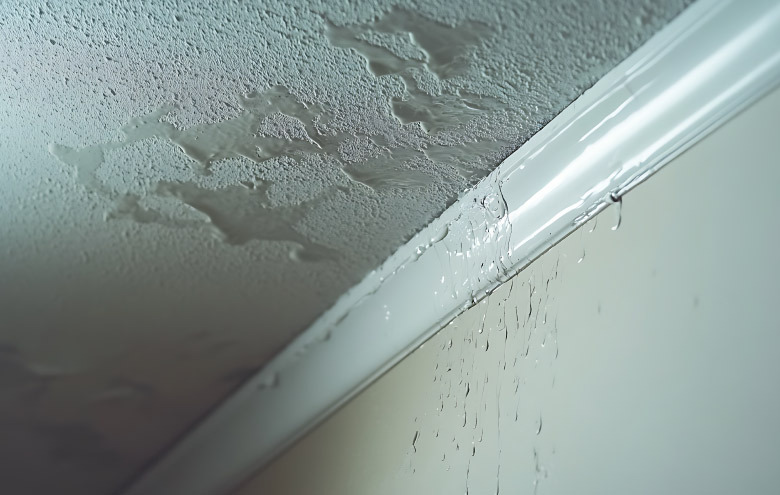
How to Prevent Your New Home from Water Damage?
After moving into a new house, most people don’t think about water damage. But water can sneak in without warning and cause big problems. Water damage occurs through heavy rainfall combined with atmospheric humidity as well as tiny leaks in your house. The initial appearance of peeling paint will later cause harm to both walls and floors and the structural strength of your home. The good news? You can stop these problems early with the right waterproofing solutions. Think of it as a protective coat that keeps your home dry and strong. New homes may look perfect, but they still need protection. Waterproofing isn’t something you do after there’s a problem—it’s something you do to stop problems before they happen. Water can get through tiny cracks or joints you might not even notice. Rain, leaks, and ground water can sneak in and cause a lot of trouble. That’s why adding water proofing treatment early is so important. If you don’t waterproof your home, you might face: Wet or stained walls Peeling or bubbling paint Bad smells that don’t go away Mold that grows quietly and spreads fast Weak or cracked walls Wet floors and baseboards Damage from water freezing and expanding These problems don’t just look bad—they cost a lot to fix. Waterproofing helps you avoid stress, save money, and feel safe in your home. Water can get in from different spots, so you need to protect each one in its own way. Here are the most important areas to check and fix with the best water proofing solutions: Your roof and terrace take the hit from all kinds of weather. Sun, rain, and heat can cause cracks and let water seep in. Use strong waterproof roof paint to block water Cover the terrace with waterproof paint for terrace to seal small cracks Choose a membrane-style water proofing treatment for extra protection Make sure rainwater drains off properly Keep it clean and check for damage often Walls can soak up water from rain or moisture in the air. Use waterproof wall paint on the outside to keep rain out Add coatings that stretch and cover tiny cracks Inside, use paints made for damp areas, especially near bathrooms or kitchens Add a layer during building that blocks ground moisture Try waterproof plasters that let air through but keep water out These rooms use water all the time, so leaks and steam are a big risk. Use silicone sealant around sinks, pipes, and tiles Paint walls with special waterproof paint made for wet spaces Check tile grout often and replace any broken parts Add fans to clear out steam and moisture Use easy-to-clean, water-resistant flooring Balconies and windows are often hit by rain. Even a small leak here can lead to big problems. Use waterproofing solutions on balcony floors and sides Seal gaps in windows with weather-proof material Add flashing to push water away from joints Make sure water runs off the edges, not inside Use awnings or overhangs to block direct rain Catch problems early by looking for these signs: Paint that’s peeling, bubbling, or flaking Brown or yellow stains on walls or ceilings Musty smells even when it’s dry Mold spots or white powder (called efflorescence) Warped wood or popping tiles Rust near pipes or metal parts Water drops on walls when it hasn’t rained If you spot these signs, don’t wait. Fixing it early saves time and money later. Waterproofing isn’t something you do once and forget. It’s a smart habit to protect your home for years. You can do small fixes like sealants and waterproof paints yourself. But for full protection, use strong waterproofing solutions from trusted brands. British Paints offers everything from waterproof roof paint, waterproof wall paint, waterproof paint for terrace, and sealants that last. Their products work well in Indian weather and help keep your home safe. Here’s how to keep your home waterproof year-round: Before monsoon: Check roofs and walls, and add water proofing treatment After building finishes: Paint key areas with strong waterproof paint Every year: Look for cracks or leaks and fix them During upgrades: Use new sealants and waterproof materials After plumbing jobs: Reseal and repaint to stop leaks Waterproofing keeps your home dry, safe, and beautiful. It’s more than just protection—it’s peace of mind. Q: Why is waterproofing important for a new home? Q: What is the best type of paint for waterproofing a roof? Q: Is waterproofing only necessary for areas like basements? Q: How often should I apply waterproofing treatments?Why Waterproofing Matters for New Homes
Key Places to Waterproof
Roof & Terrace: How Do I Protect My Terrace from Water Damage?
Walls (Outside & Inside)
Bathrooms & Kitchens
Balconies & Window Sills
Signs of Water Damage
Long-Term Waterproofing Tips
FAQ’s
A: It protects your home from water damage, damp walls, and mold, helping your structure last longer.
A: Use elastomeric or acrylic waterproofing paints—they’re flexible, weather-resistant, and ideal for rooftops.
A: No. Roofs, bathrooms, balconies, and exterior walls also need waterproofing to prevent leaks and seepage.
A: Every 5 to 7 years is ideal, or sooner if you notice signs of damage or leaks.
A: Apply a roof waterproofing membrane or liquid sealant, and fix cracks or damaged areas before treatment.



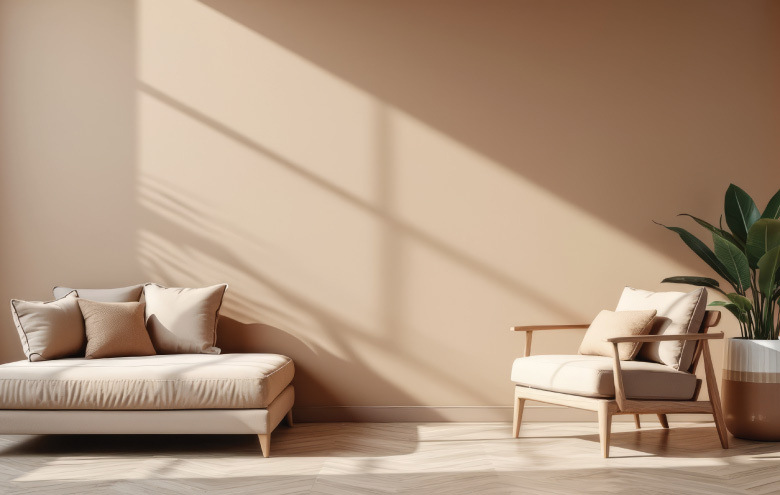
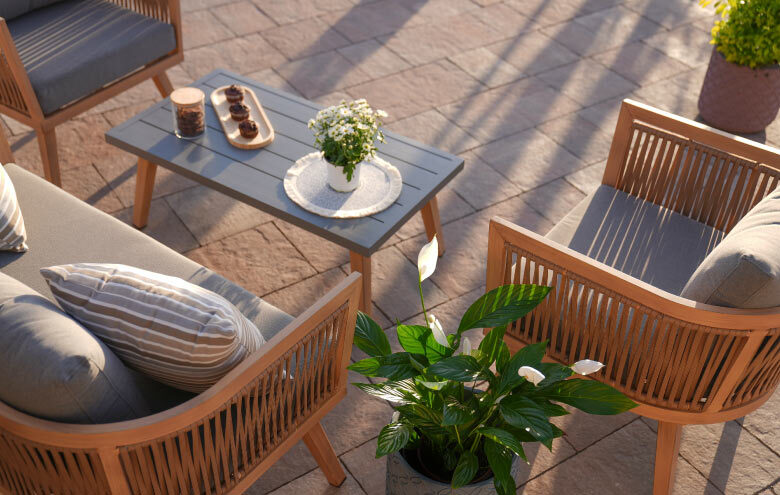
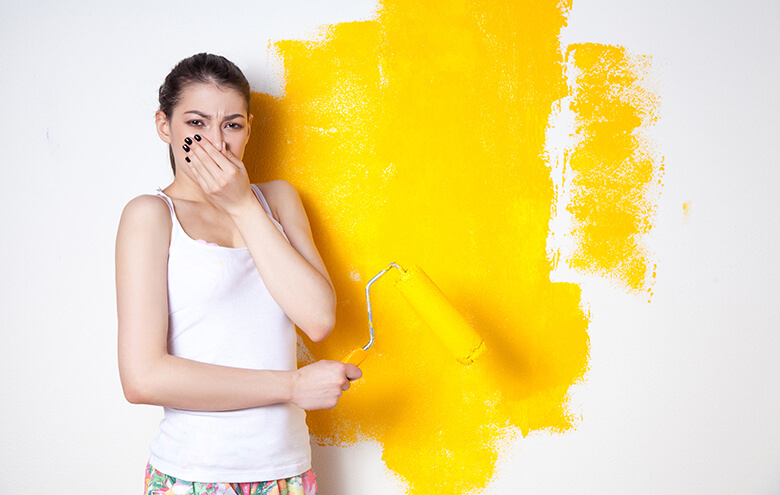
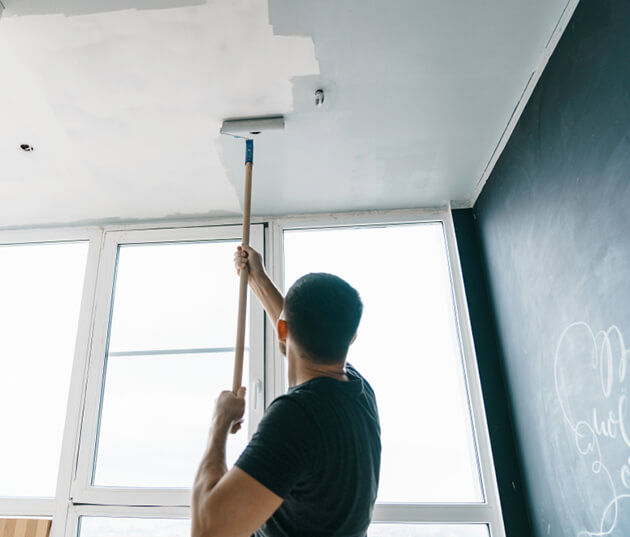
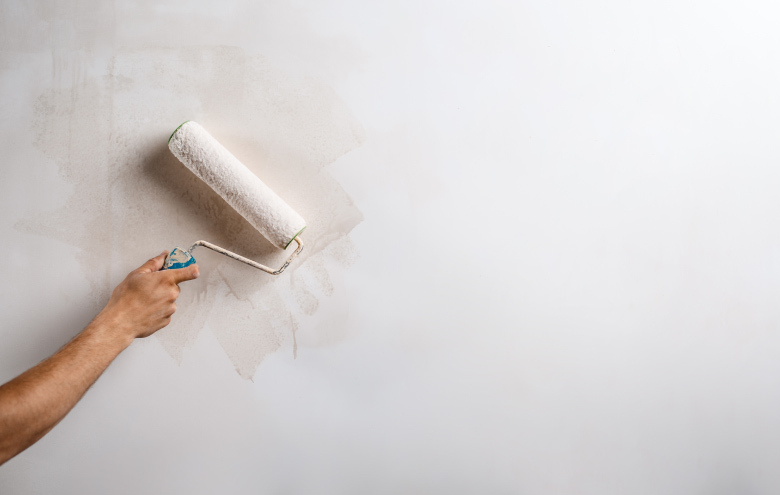

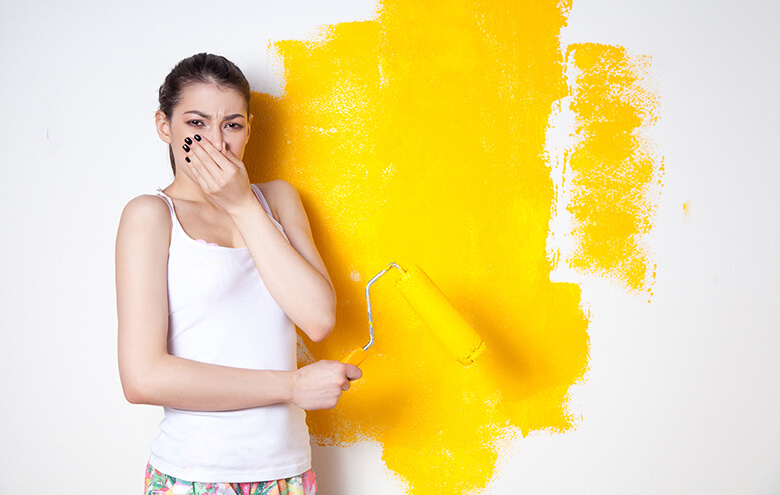
Newsletter
Subscribe to our newsletter and receive the latest inspiration and design advice, straight to your inbox.
Signin with your Registered Email
Signup here and find your Wishlist
You have successfully
updated your password.
preview
tell
space
mood
activity
vastu
sun sign
Please speak the color name*
a born
natural!